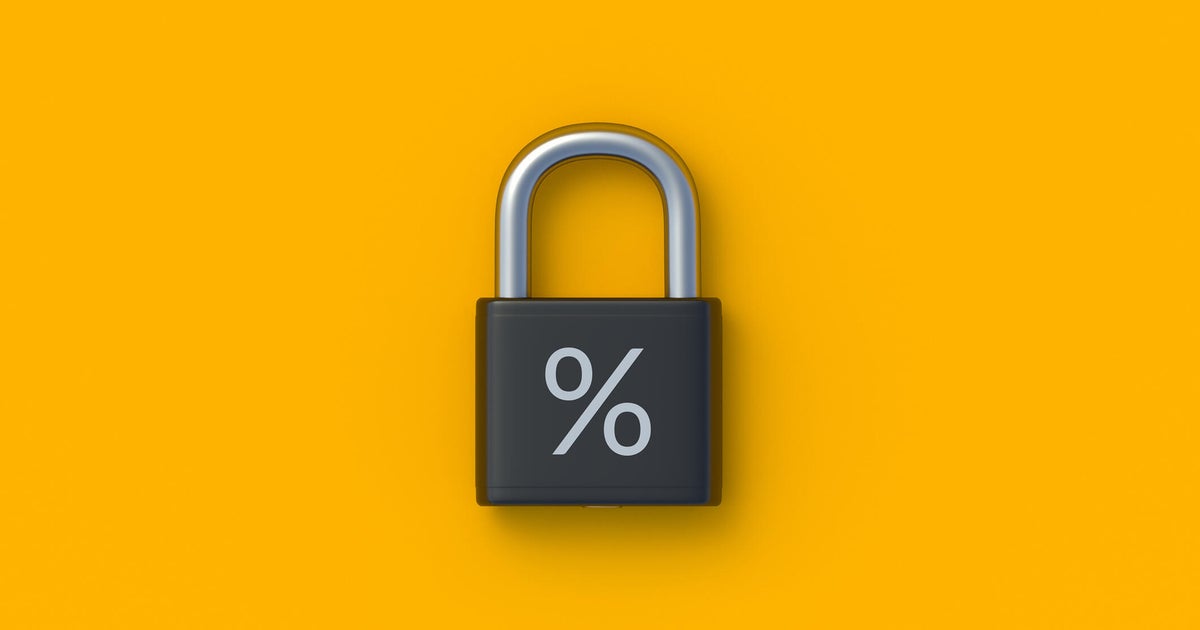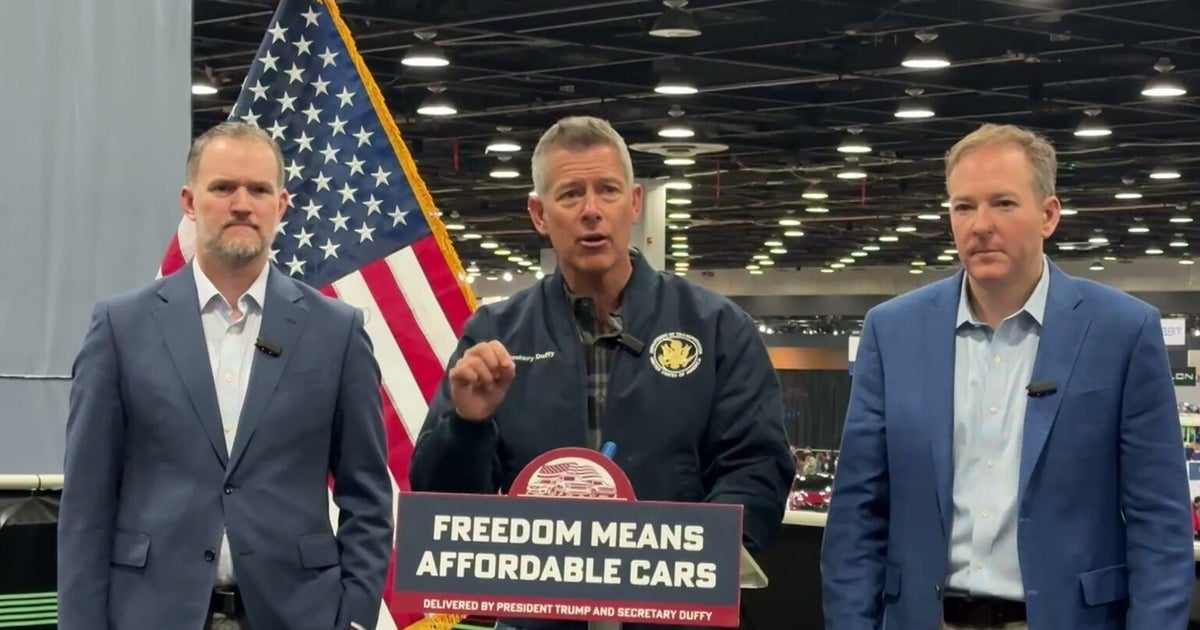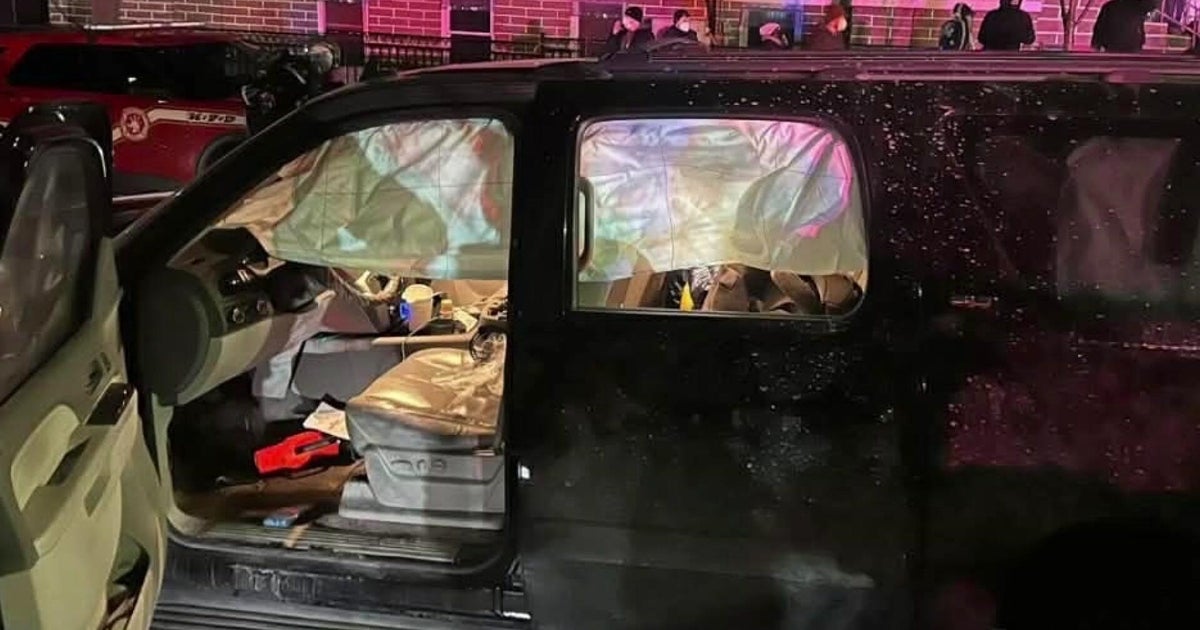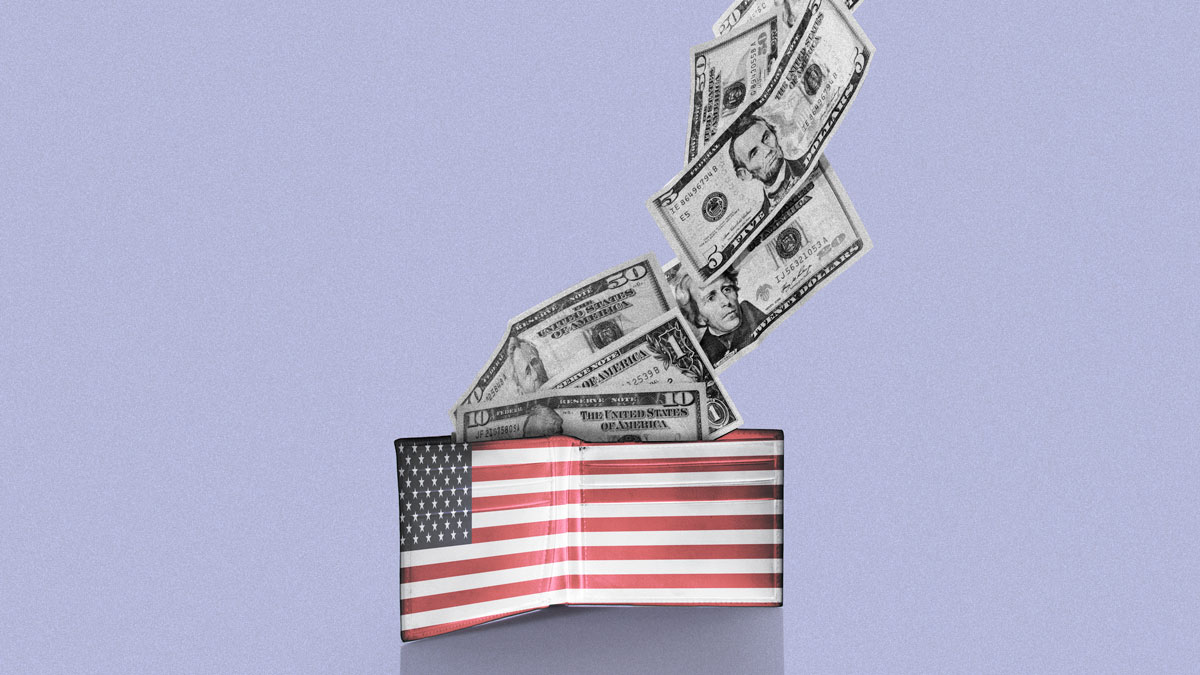Car sales slump as vehicle prices continue to surge
Vehicle sales dropped again in June, the second month in a row of declining vehicle sales, as rising prices and shortages keep would-be buyers away.
Imported vehicle sales fell 13.1% from the previous month while domestic vehicle sales also declined, down 8.7% overall as auto sales shrank 11.2% and truck sales fell 8%. The declines dragged car sales to below their pre-pandemic level.
"Vehicle sales have contracted for two consecutive months as extremely high prices, particularly for used cars, is cutting off demand," Oxford Economics' Mahir Rasheed said in a research note.
Consumers are feeling the pinch. The portion of households who said June was a good time buy a vehicle was at its lowest level in nearly 40 years, according to the University of Michigan. Oxford Economics expects the drag on car sales to last through the year.
"While robust domestic demand and an improving health backdrop will keep a floor under vehicle sales through the rest of 2021, the pace of sales will be weighed down by inventory constraints," Rasheed wrote.
Blame the chips
A shortage of semiconductor chips, which are essential components of new cars and trucks and most of which are imported, has reduced the production of new vehicles and pushed used-car prices to record levels.
The chip shortage has led U.S. automakers to shut down production to keep peace with the chip supply. Last week Ford said it would shutter eight North America factories for several weeks this summer, affecting production of the bestselling F-150, Mustang, Escape and Lincoln Nautilus brands. The carmaker expects to lose $2.5 billion this year from chip supply shortages.
A General Motors plant in Kansas City, Kansas, has been closed for six months thanks to the chip shortage.
Used car prices shoot up
All that pent-up demand is pushing car buyers into the used-car market, pushing those prices to unseen levels. The average price for used vehicles between April and June jumped to $25,410, up from $20,942 in the year-ago period, according to Edmunds.com — the highest price on record for the auto research firm. Used vehicle prices are responsible for one-third of the rise in consumer prices, according to the Labor Department.
When it was new, a typical 2019 Toyota Tacoma SR double cab pickup came with a sticker price just under $29,000. Two years later, dealers are paying almost $1,000 more than that to buy the same vehicle, even though it's used, and are reselling it to consumers for more than $33,000.
Edmunds said the average price of a new car in the second quarter was $40,827, up from $38,895 a year ago.
In the past year, used vehicle prices on average have climbed 30%, according to Black Book, which tracks car and truck data. That's created situations where high-demand vehicles are selling for more than they did when they were new, said Alex Yurchenko, the company's senior vice president of data science.
"The market is very strange right now," said Yurchenko. "Dealers need the inventory, so they are paying lots of money for their vehicles on the wholesale market."
Yurchenko found 73 models of 1- to 3-year-old vehicles being sold at auctions (where dealers buy their vehicles) for prices above their original sticker, which is called the manufacturer's suggested retail price.
Many of the models Yurchenko found were high-priced trucks and SUVs or highly sought-after loaded-out vehicles, including the high-performance Ford F-150 Raptor pickup, the 2019 Jeep Wrangler Unlimited Rubicon SUV and the boxy Mercedes G-Class AMG63 high performance SUV.
But the two-wheel-drive Tacoma SR is the lowest-priced model of Toyota's top-selling small pickup. To be sure, higher end versions of the Tacoma also were on the list, but even more mainstream vehicles are selling for more than their original prices. For instance, the 2020 Kia Telluride and Hyundai Palisade made the list even though both are considered good values compared with more expensive SUVs with three rows of seats.
Yurchenko says the crazy prices are moving further into more ordinary vehicles. "Before we get through this, prices for many mainstream vehicles will get closer to their manufacturer's suggested retail price," he said.
When it was new, the window sticker price on a typical 2019 Toyota Tacoma SR double cab pickup was just under $29,000. Two years later, dealers are paying almost $1,000 more than that to buy the same vehicle, even though it's used. Then they're selling it to consumers for more than $33,000.
Driven by scarcity
The main factor pushing up used car prices is scarcity, according to Jessica Caldwell, executive director of insights at Edmunds. Nearly all of the regular sources of used cars have been disrupted by the pandemic, she said. Fewer new car sales in the past year means fewer trade-ins. People are extending their leases. Rental car companies, normally a reliable source of used cars, are instead buying used cars themselves in order to rebuild their fleets that were sold off last year as business travel and tourism came to a halt.
It all started in April and May of last year, when U.S. automakers were forced to close factories for eight weeks to help stop the novel coronavirus from spreading. That cut production, limiting inventory even as demand remained surprisingly strong.
The factories came back faster than expected, and, in the meantime, computer-chip makers had switched to manufacturing semiconductors for phones, laptops, gaming systems and other consumer electronics. That created a shortage of automotive chips, which is forcing car companies to temporarily close factories, leaving some dealers with few new vehicles.
The lack of new vehicles and higher prices have sent more people into the used vehicle market, so demand is high there, too. Plus, rental car companies, normally a source of late-model used vehicles, are keeping their cars longer because they can't get new ones, Yurchenko said.
At present, consumers who have to replace a vehicle don't have much choice. "Unfortunately, if you need a vehicle, you'll need to pay the price," Yurchenko said.
Signs of slowing down
But there are signs that price increases are starting to slow. Used car prices rose 0.75% last week, the lowest weekly gain in 17 weeks. Trucks and SUV prices grew 0.68%, the lowest weekly gain in 15 weeks, according to Black Book.
Karl Jensvold, owner of PricedRite Auto Sales, a used vehicle dealer in Lincoln, Nebraska, said he's seeing wholesale prices leveling off, but he doesn't expect them to drop anytime soon. "I think the normal used car market has reset to a different price point," he said. "I don't think we'll see the prices (from) before COVID for a while."
Yurchenko said at some point prices will have to go back to normal and used vehicles will depreciate once again. The timing depends on how long it takes to get more computer chips so automakers can resume normal production, he said. "Once the new inventory levels start increasing, that's where the pressure on the used market will be relieved," he said.
Stephen Gandel and Irina Ivanova contributed to this report.





